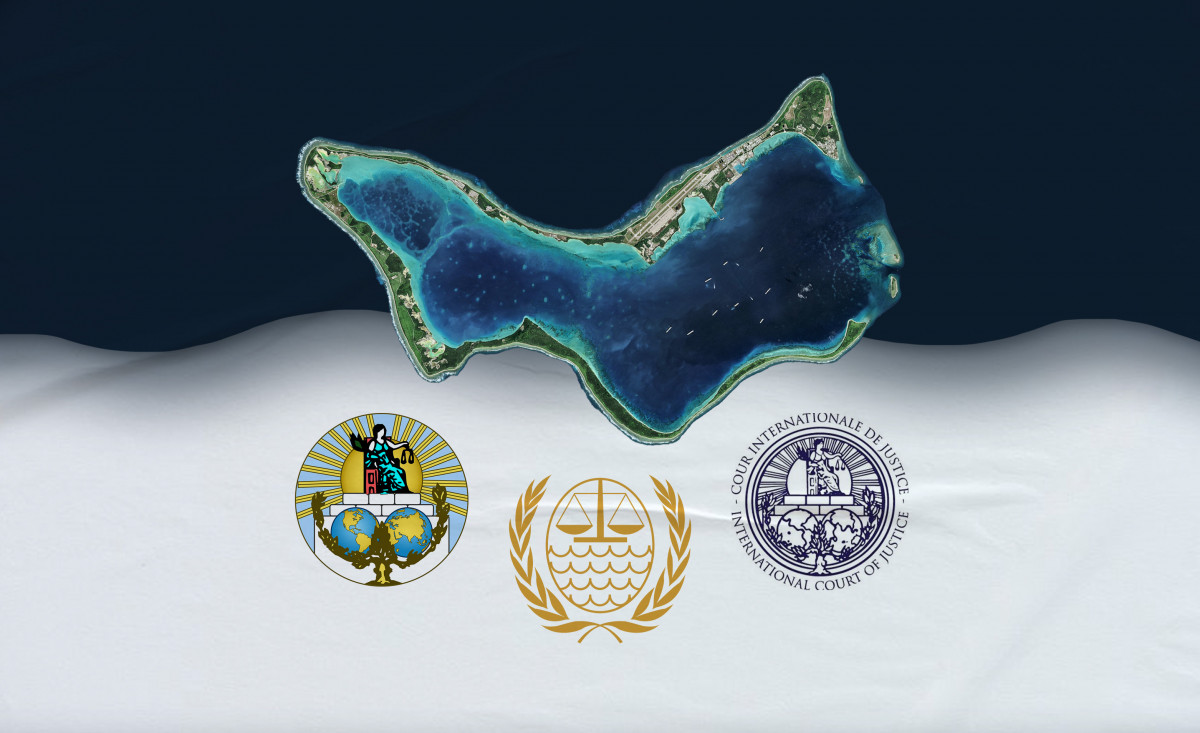Nobody would know where the Maldives would be in terms of what Mauritius would have been granted, if the Maldives had lost


Chagos Archipelago case
If Mauritius had won the case on entitlement of Mauritius to the continental shelf beyond 200 nautical miles in the Northern Chagos Archipelago Region, a very sizable area would have been potentially taken away from the Maldives and given to Mauritius, says Maldives Lead Counsel on the Delimitation of the maritime boundary in the Indian Ocean (Mauritius v Maldives) case Professor Payam Akhavan.
The International Tribunal for the Law of the Sea (ITLOS) on Friday ruled that the Maldives will acquire a major sea-region, over the dispute concerning the delimitation of the maritime boundary between Mauritius and Maldives in the Indian Ocean.
A press conference was held at sundown on Friday regarding this, where Professor Payam Akhavan, Maldives Lead Counsel on the Delimitation of the maritime boundary in the Indian Ocean (Mauritius v Maldives) case, and Professor Jean-Marc Thouvenin spoke to media regarding the issue.
When asked by a RaajjeTV journalist on what the implications on the Maldives would have been if Mauritius had won the case on entitlement of Mauritius to the continental shelf beyond 200 nautical miles in the Northern Chagos Archipelago Region, Professor Payam confessed that it was their “biggest” worry.
As such, he explained that if the decision were to have been in favor of Mauritius, then Mauritius would have had a potential claim of 11,000 square kilometers to the detriment of the Maldives which in turn would mean Maldives would lose a very sizable area.
The professor stated that fortunately, the ITOLS Special Chamber unanimously found that Mauritius’ claim had no basis in technical or scientific evidence and that there was, in the words of the chamber, “significant uncertainty as to whether Mauritius had any such entitlement”.
The professor added that the same does not apply to the entitlement of the Maldives, given the sea floor, features and the proximity of the outer shelf in respect of the Maldives.
This being said, Professor Payam stressed that this was why deemed it to be a “very” big victory for the Maldives.
Also speaking at the press, Professor Thouvenin stated that they were so worried regarding the matter because Mauritius had managed to present its claim to an entitlement beyond 200 nautical miles and its claim to the limitation as an “attractive” way.
He stressed that they had attempted to bring to describe it, to discover the idea that it was time to make some equal share of the overlapping claims to the outer continental shelf.
The professor added that he believes they did “quite” a good job and it was a “huge” victory because if they had lost it, nobody would know where the Maldives would be in terms of what Mauritius would have been granted.